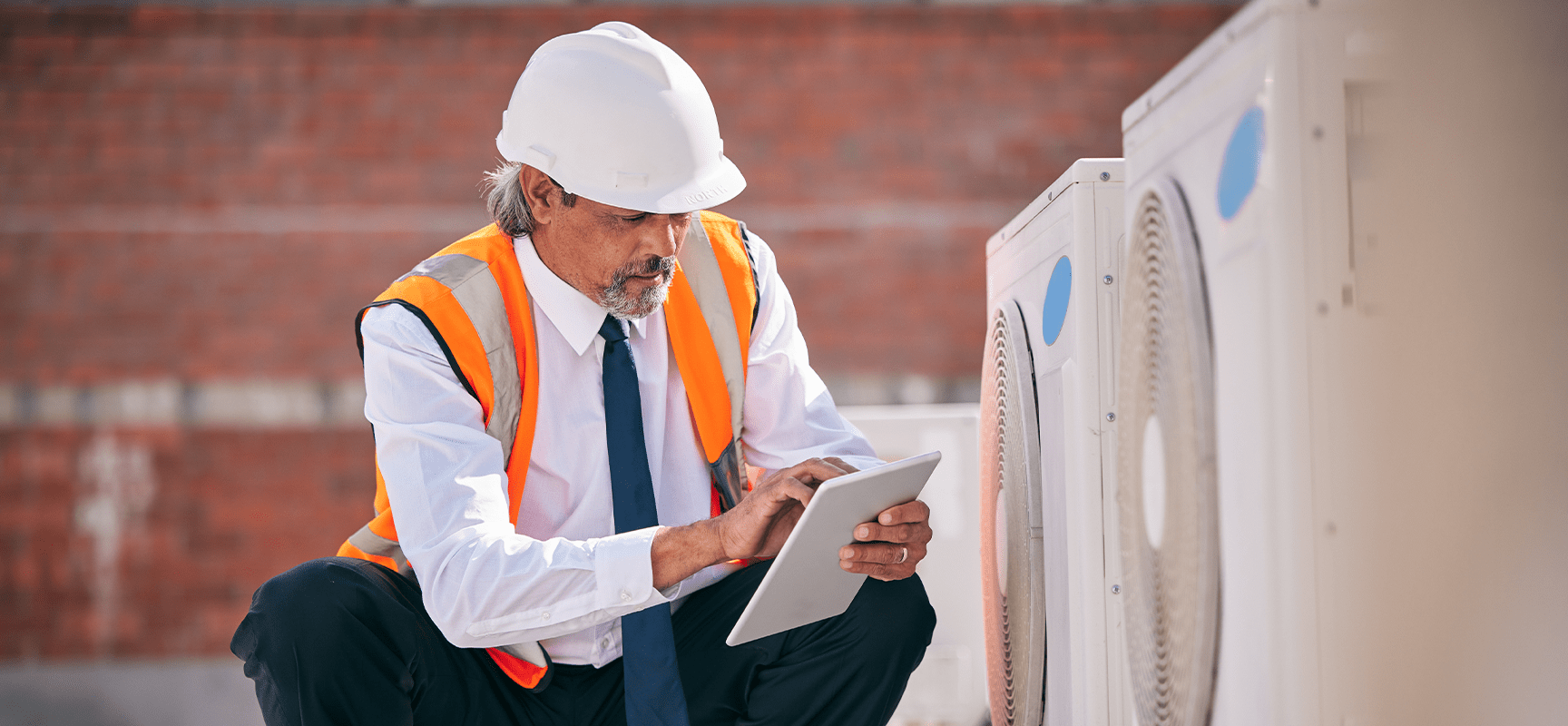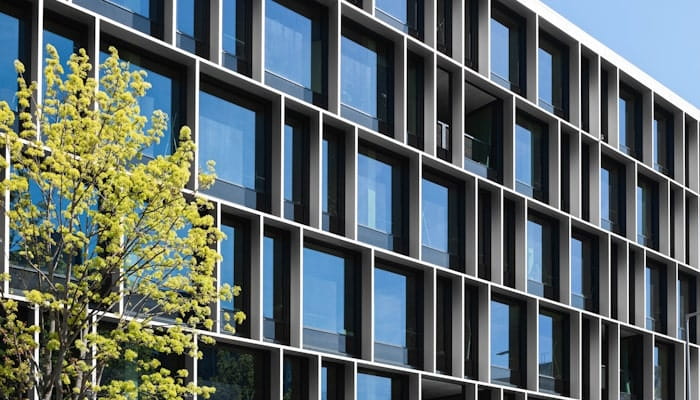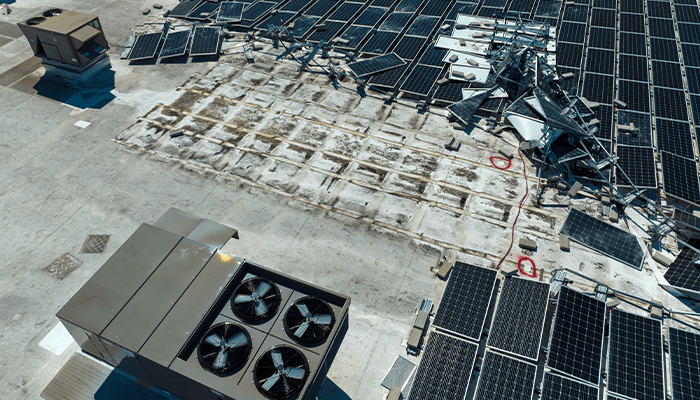
Building Inspections: A Critical Step in Protecting Your Investment
Purchasing property is a significant financial commitment, often involving substantial upfront costs and long-term considerations. To protect your investment, it's important to conduct thorough due diligence, starting with a comprehensive building inspection.
A detailed inspection can uncover maintenance issues, structural problems, or safety hazards that might not be immediately visible. Without this critical step, you risk encountering unforeseen expenses that could negatively impact your bottom line. By identifying these issues early, you can develop a preventive maintenance strategy and capital improvement plan to extend the property's lifespan, reduce long-term repair costs, and ultimately protect the value of your investment.
A comprehensive building inspection should evaluate several essential aspects of the property, including:
- Roofing: Look for signs of wear, leaks, or structural damage.
- Structural Integrity: Ensure the foundation, walls, and framing are sound.
- Electrical Systems: Check for outdated or dangerous wiring.
- Plumbing: Identify any leaks, water damage, or inefficient systems.
- HVAC: Confirm that heating, ventilation, and air conditioning systems are functioning properly.
- Fire Safety: Ensure fire alarms, sprinkler systems, and extinguishers meet code requirements.
- Site & Landscaping: Evaluate drainage systems, soil stability, and the overall condition of the grounds.
Beyond the core areas, it's also important to check for these safety-related risks:
- Moisture and mold: which can lead to serious health concerns and costly remediation efforts.
- Standing or pooling water: which can indicate poor drainage or foundation issues.
- Zinsco or Federal Pacific Electrical Panels: These outdated panels are known for safety hazards and should be replaced.
- Aluminum wiring: which can increase fire risk.
- Code and Zoning violations: to ensure property complies with local regulations to avoid future fines or restrictions.
In addition to the physical inspection, it's equally important to review the property's financial and legal records thoroughly. This should include:
- Financial reports to assess the property's financial health.
- Lease audits and rent rolls to verify income and ensure all tenants are in compliance.
- Unit walk reports to evaluate the condition of each unit.
- Site Surveys and plans to ensure the property boundaries and structures are accurate.
- Property and environmental condition assessments to address any environmental liabilities.
- Appraisal (if available) to confirm the property's market value.
Building inspections are a vital part of any real estate transaction, helping you avoid unexpected costs. By being thorough and proactive, you can make informed decisions that protect both your property and your business. Contact AssuredPartners Real Estate for checklists and other resources that can be modified to fit your needs.
Related articles

The commercial real estate insurance market is shifting, and if you’re managing risk for your properties, there’s a lot to keep an eye on. The good news? Property insurance rates are finally coming...

Proactive risk management is essential for protecting your hotel property and business reputation. From assessing your business income requirements to ensuring proper subcontractor agreements,...

Because wind and hail damage can have significant impacts on commercial buildings, you need insurance professionals who understand commercial real estate to help advise you every step of the way....